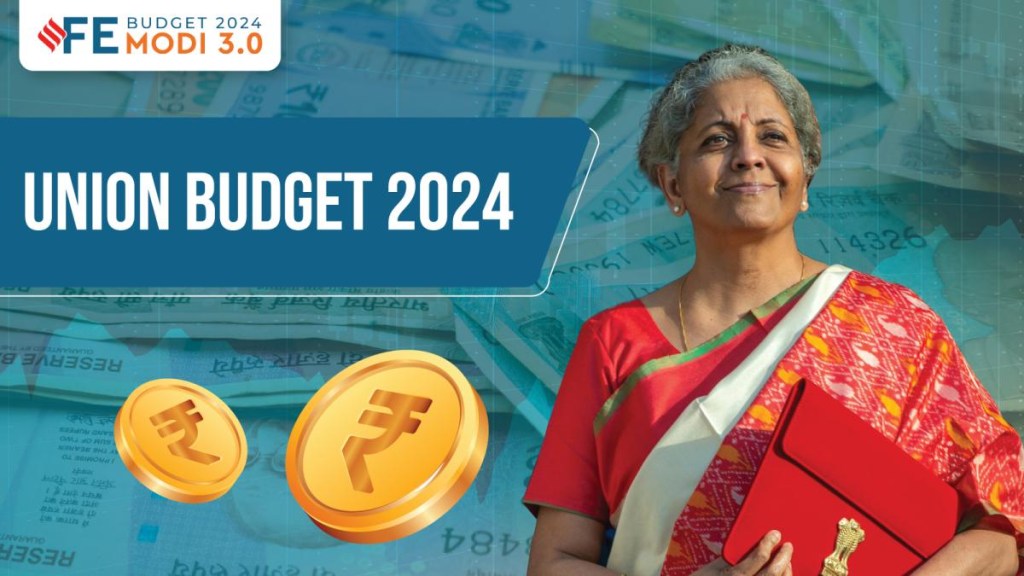– By Prashant Kapoor and Milan Khanna
Ms. Nirmala Sitaraman, Honorable Finance Minister of India, tabled the Union Budget 2024 on July 23, 2024. The Finance Bill, 2024 proposes to overhaul buy-back taxation regime by bringing in significant amendments to the buy-back tax provisions.
What is Buy-back? – Buy-back of shares means purchase of its own shares by the company from the existing shareholders at a price decided by the Board thereby reducing the number of outstanding shares.
Recently, the corporate world has witnessed a surge in buy-back of shares by cash rich companies including multiple large cap companies that preferred buy-back of shares over conventional distribution of dividend to incentivize shareholders. FY2023-24 recorded the highest spent on buy-back in last 5 years, recording a staggering aggregate distribution of ~INR 51 billion by 41 companies (source: Buy-back offers yearly database by Prime Database, a database focusing on capital market offerings).
At present, buy-back tax @ 23.3% is to be paid by the company on the distributed income. Distributed income means the consideration paid by the company on buy-back of shares as reduced by the amount which was received on issue of such shares (determined in the manner prescribed). Further, the income arising to the shareholders in respect of such buy-back is exempt and not subject to additional tax.
In order to bring parity between tax implications on distribution of dividend (that shifts the burden of tax on the recipient shareholders) and the buy-back, the Finance Bill proposes to tax:
- The entire amount received on buy-back of shares as dividend in the hands of shareholders as per their respective tax slabs. The Finance Bill has amended the definition of ‘dividend’ to provide that the amount received from the company towards buy-back will obtain the characteristics of dividend since the expression used is ‘any payment’ vis-à-vis ‘any distribution’ as stated in the other clause for dividend definition. Accordingly, the gross amount would be taxable for shareholders and withholding obligations would be casted on the company undertaking buy-back of shares as similar in the case of dividend.
- The cost of acquisition of shares tendered in the buy-back will be considered as a capital loss in the hands of shareholders, which will be eligible for set-off against other capital gains or carry forward for a period of 8 years.
The new tax provisions will be effective from October 1, 2024. The amendment in buy-back taxation proposed in the Union Budget 2024 mark a significant shift in the regulatory landscape governing corporate share buy-backs and is poised to reshape the dynamics of capital distribution and investment strategies for companies as well as investors.
With the applicability of dividend taxation on buy-back, investors may witness a reduced overall return on investment as they would end up paying higher taxes on the entire buy-back amount and not on the real gains (i.e., amount received on buy-back less the amount invested). The increased tax liability will make the investments less attractive for investors.
The cost of acquisition for the bought-back shares shall be available as capital losses to the investors which shall be adjusted against capital gains.
- While the investors would be able to carry forward this capital loss for a period of 8 years, they would not derive any benefit until sufficient capital gains are generated to utilize such losses.
- The Union Budget, 2024 should have provided for an upfront cost base deduction to the shareholders rather than shifting this to a future capital gains event.
Interestingly, the proposed amendment expands the scope of deemed dividend. Under all exiting clauses, deemed dividend applies only if the company has accumulated profits (whether capitalized or not ). However, the proposed amendment contradicts from the very genesis of these provisions i.e., the deemed dividend under these provisions will apply irrespective of whether the company undertaking a buyback has profits or not.
In nutshell, the Government has plugged the loophole, narrowing down the tax arbitrage between distributing accumulated reserves through dividend and through buy-back of shares. The proposed buy-back taxation framework necessitates companies to comply with the updated tax provisions and reporting requirements and may have a negative impact on capital markets. Companies engaging in buy-back will need to carefully assess the tax implications and ensure accurate tax withholdings at the time of buy-back.
(Disclaimer: Views expressed are personal and do not reflect the official position or policy of Financial Express Online. Reproducing this content without permission is prohibited.)
(Prashant Kapoor is Partner M&A and PE Tax, Corridor Leader – Europe, at KPMG in India; and Milan Khanna is Director – M&A and PE Tax at KPMG in India.)
(Disclaimer: Views expressed are personal and do not reflect the official position or policy of Financial Express Online. Reproducing this content without permission is prohibited.)

